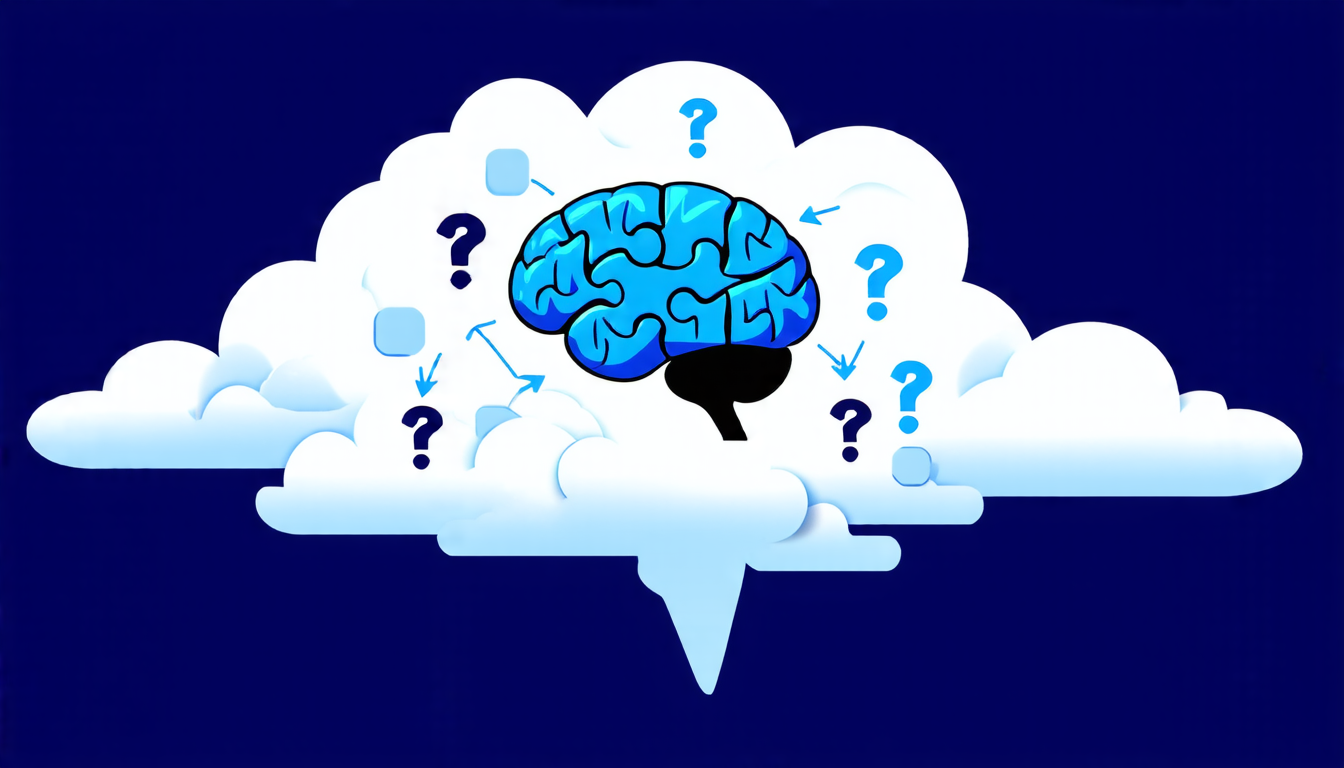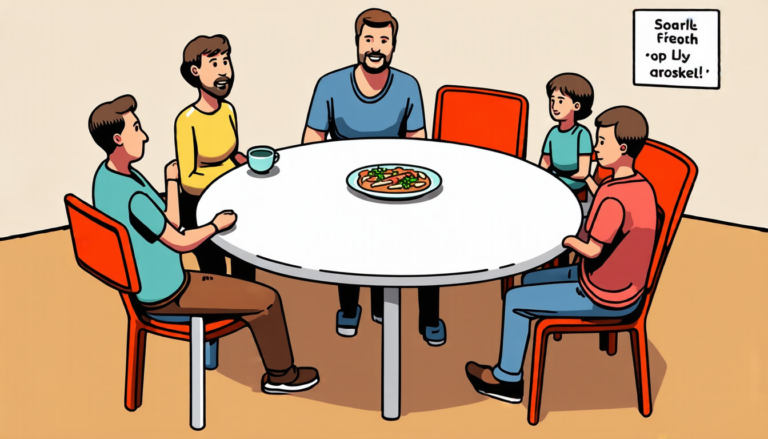Monday 07 April 2025
The quest for a unified theory of decision-making has been a longstanding challenge in economics and neuroscience. Recent advances have shed light on the complex interplay between human agency, free will, and the environment. A new study delves deeper into this relationship, exploring the connections between expected utility and active inference.
The concept of expected utility is rooted in traditional economics, where agents make decisions based on their preferences and beliefs about uncertain outcomes. However, this framework has been criticized for being overly simplistic, neglecting essential aspects of human behavior such as risk aversion and exploration. Active inference, on the other hand, is a more recent approach that seeks to understand decision-making through the lens of Bayesian inference.
Active inference posits that agents are not simply reacting to their environment but rather actively inferring the underlying causes of events. This perspective has garnered significant attention in fields such as neuroscience and artificial intelligence, where it has been used to model human behavior and develop more sophisticated AI systems.
The study at hand aims to bridge the gap between these two approaches by establishing a formal connection between expected utility and active inference. The researchers demonstrate that when agents are boundedly rational, meaning they face limitations in their ability to process information, both frameworks converge to similar solutions.
In a series of experiments, the team simulated decision-making scenarios where agents had to choose between different options with varying levels of uncertainty and risk. They found that as the agents’ cognitive abilities decreased, their decisions became more conservative, aligning with predictions from both expected utility theory and active inference.
The findings have significant implications for our understanding of human behavior and decision-making. By recognizing the interplay between boundedly rational agents and their environment, we can better comprehend the complex factors influencing our choices. This knowledge can be applied to various domains, such as economics, finance, and healthcare, where accurate predictions of human behavior are crucial.
The study’s results also highlight the importance of considering the cognitive biases and limitations that shape our decisions. By acknowledging these constraints, we can develop more effective strategies for decision-making and improve our overall well-being.
Ultimately, this research represents a significant step forward in the quest to understand the intricate dance between human agency, free will, and the environment. As scientists continue to unravel the mysteries of decision-making, we may uncover new insights that revolutionize our understanding of human behavior and inform more effective strategies for navigating an uncertain world.
Cite this article: “Unifying Agency: A Bridge Between Expected Utility and Active Inference”, The Science Archive, 2025.
Decision-Making, Expected Utility, Active Inference, Human Behavior, Neuroscience, Economics, Artificial Intelligence, Bayesian Inference, Boundedly Rational, Cognitive Biases







